Herpes is one of the most common viral infections in the world today. It is caused by herpes simplex virus (HSV) which causes sores to appear around or on the cervix, anus, penis, inner thighs, scrotum, vulva, lips, throat, and mouth. Although it can be painful, it is not life-threatening and can be treated. Studies have shown that most people who are living with herpes often do not manifest symptoms and may only discover that they have this infection if a factor triggers its outbreak. The factors that can trigger the outbreak of herpes include food, stress, sunlight, and certain illnesses.
An outbreak of herpes can cause itchy and painful sores that may come and go. These sores or blisters can cause discomfort and may become painful over time if not properly managed. The most common symptom of herpes is the appearance of blisters on affected areas such as buttocks, penis, scrotum, vagina, anus, mouth, and lips. The general symptoms of herpes include:
- Itchiness around the affected areas before the appearance of blisters
- Headaches, fever, and body aches
- The appearance of crust on the sores within seven days of the outbreak
- Swollen lymph glands
- Fatigue and feeling of being sick
Although there is no permanent treatment for herpes simplex viruses, there are medications and natural remedies that can be utilized to alleviate symptoms and reduce the risk of transmitting the infection to other people. You should also follow some prevention tips to lower the risk of developing and transmitting herpes to others. Such tips include avoiding oral sex and kissing when you have a cold sore, using barrier protection during sex, and washing hands after touching affected areas.
One of the natural ways to manage herpes is to maintain healthy nutrition as foods that you consume can trigger or help you manage an outbreak. There are certain foods to avoid with herpes, especially foods that are high in arginine. Arginine is a unique amino acid that can be found in different foods; it can influence the growth of herpes simplex viruses and as such should be avoided. Here are some foods to avoid with herpes.
Foods to avoid with herpes
1. Wheat
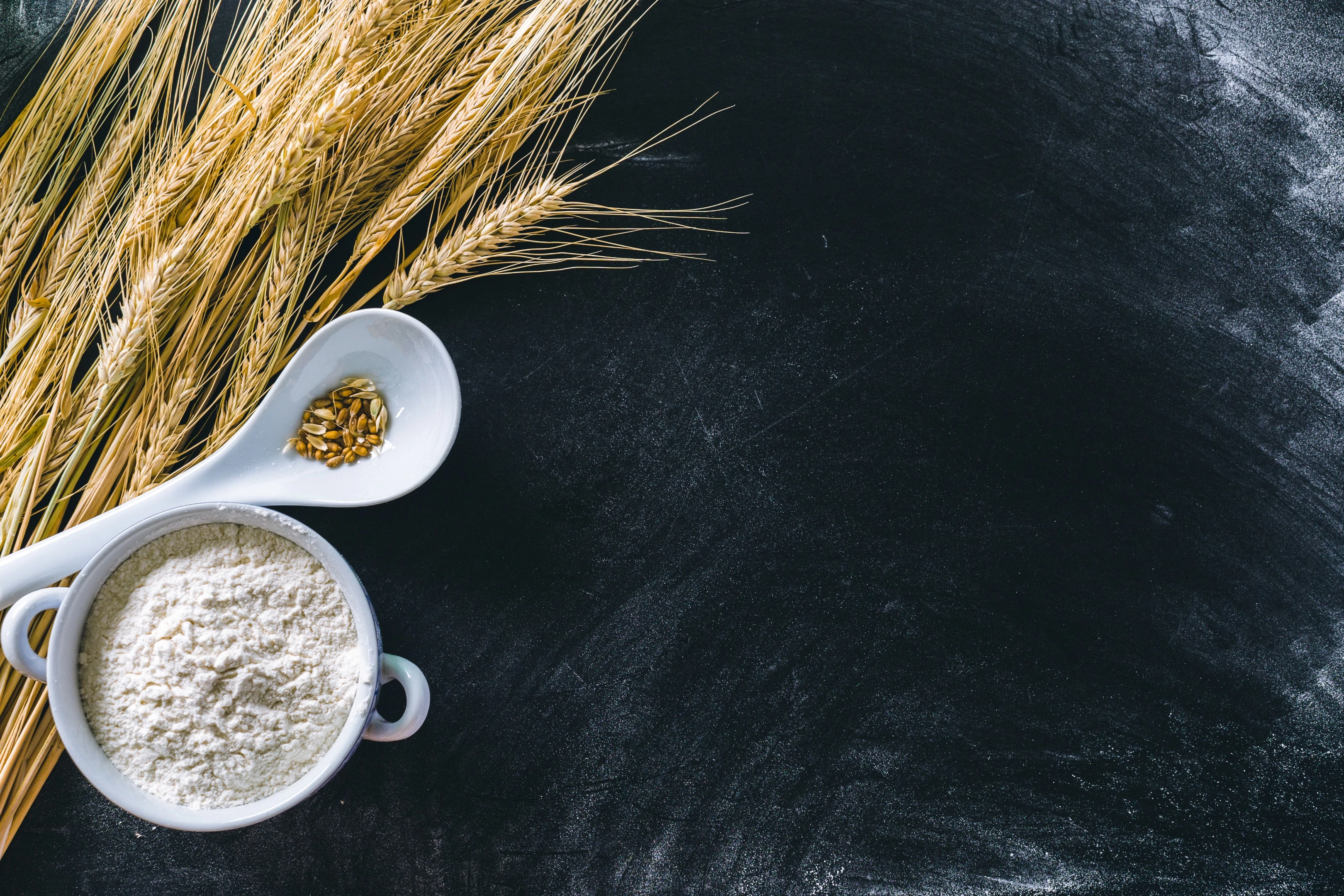
Wheat is a great grain that has many health benefits, but unfortunately, it contains arginine in high amounts and should be avoided with herpes. You should avoid foods that have wheat as one of their ingredients. Instead, go for foods that are gluten-free as they are sure to not contain traces of wheat.
2. Pumpkin seeds
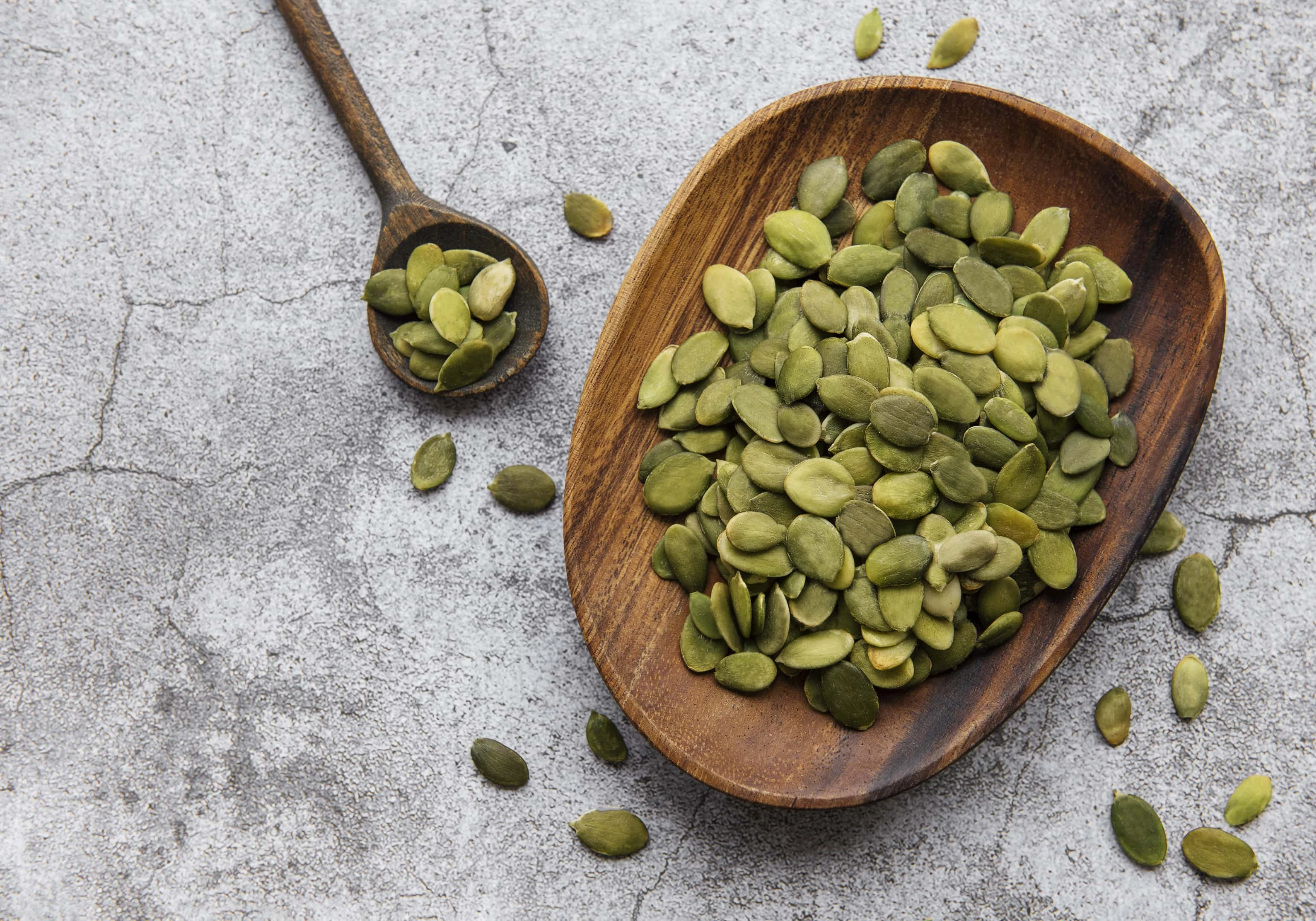
Pumpkin seeds are a rich source of calcium, iron, folate, beta carotene, and vitamin B2, but they are bad for cold sores. Pumpkin seeds possess a high level of arginine, which means that including them in your diet can aggravate the symptoms of herpes.
3. Citrus fruits
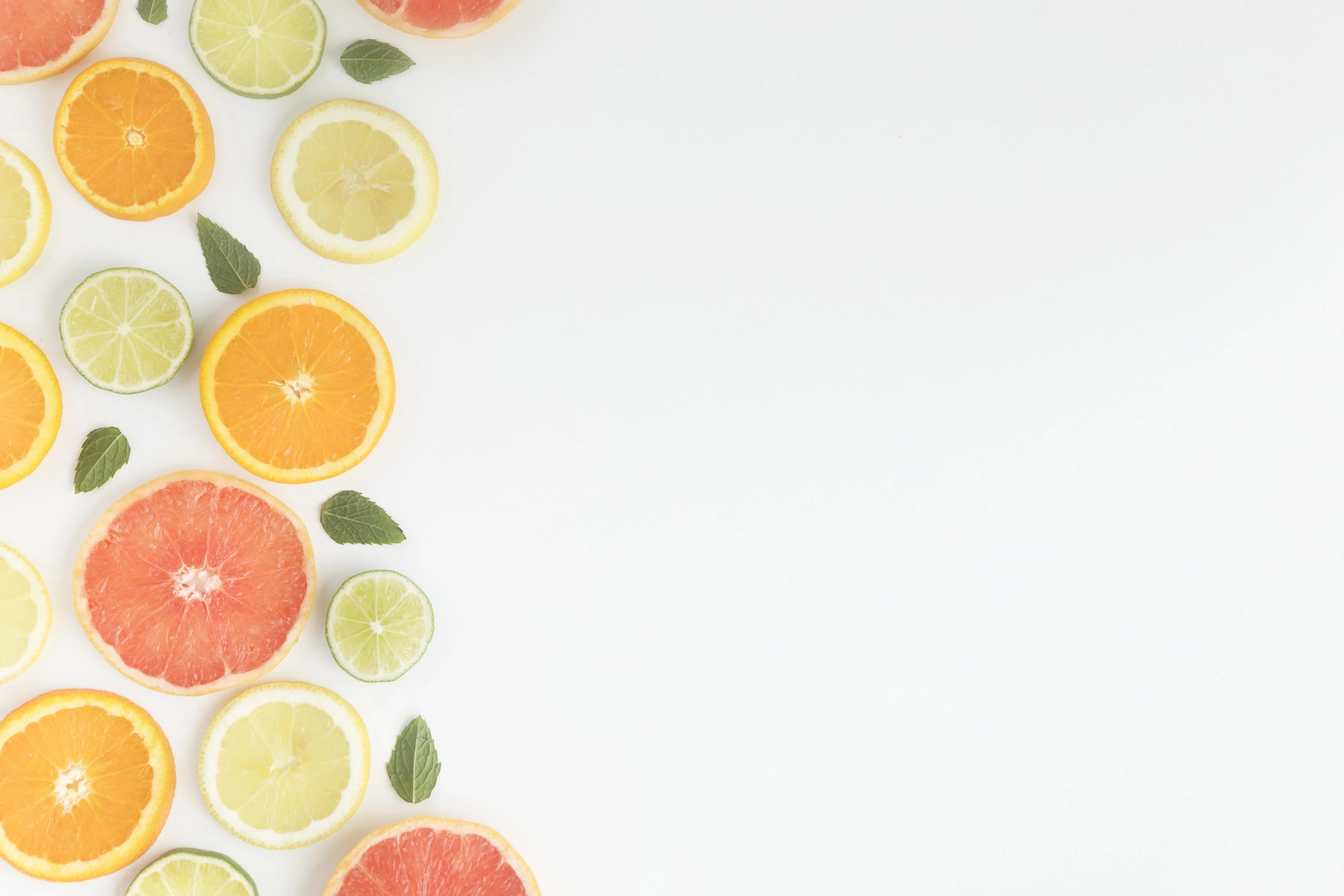
Oranges and grapefruits are rich in vitamin C and can help to boost the immune system, but they are also very acidic. The acid in oranges can make your sores more painful by causing a burning sensation. Other citrus fruits to stay away from include lemon, blueberries, and pomegranates.
4. Almonds
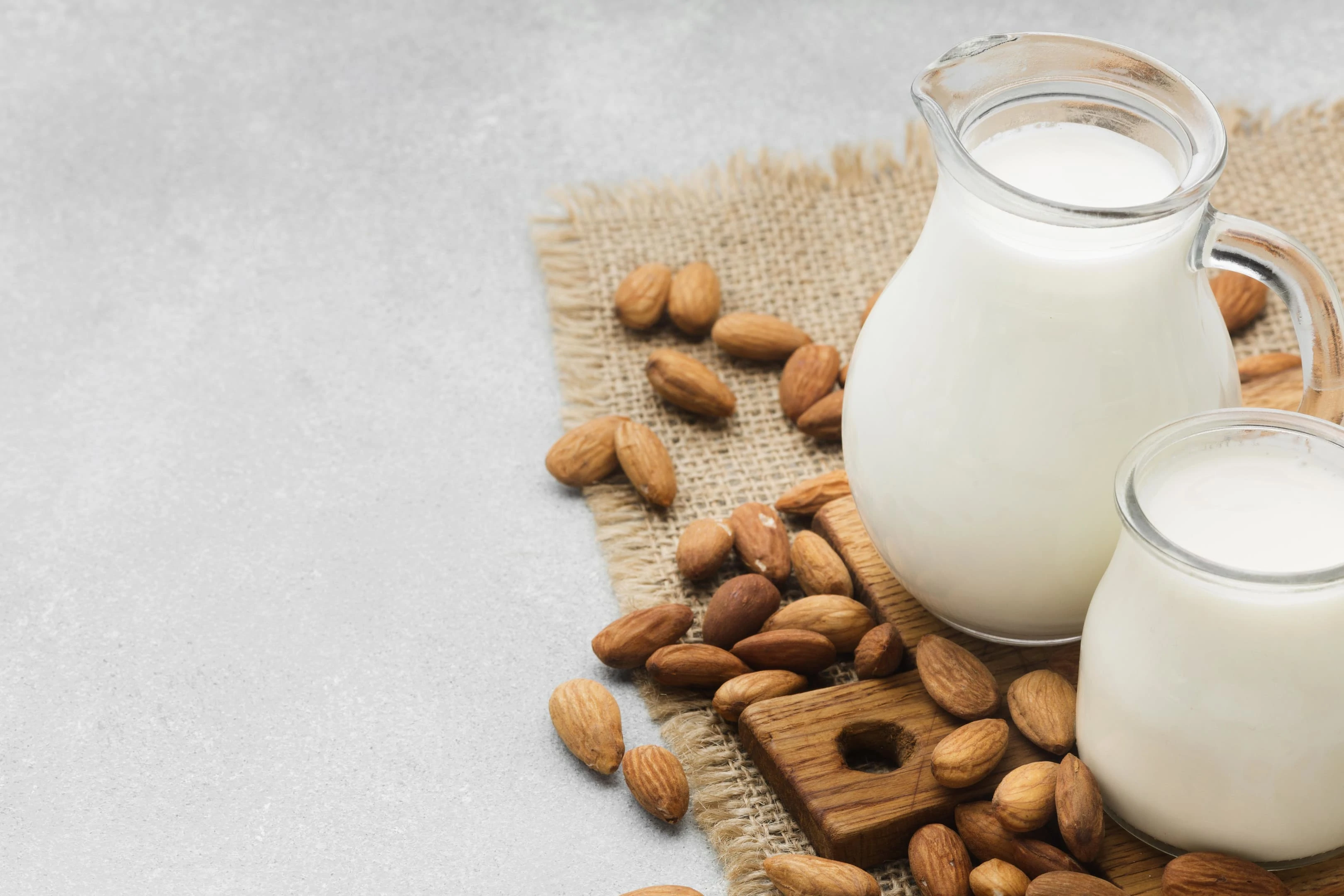
Almonds are one of the foods to avoid with herpes. They have lots of arginine content. Integrating them into your diet when you have herpes can worsen the appearance of blisters, especially if you have an oral herpes outbreak.
5. Seaweed
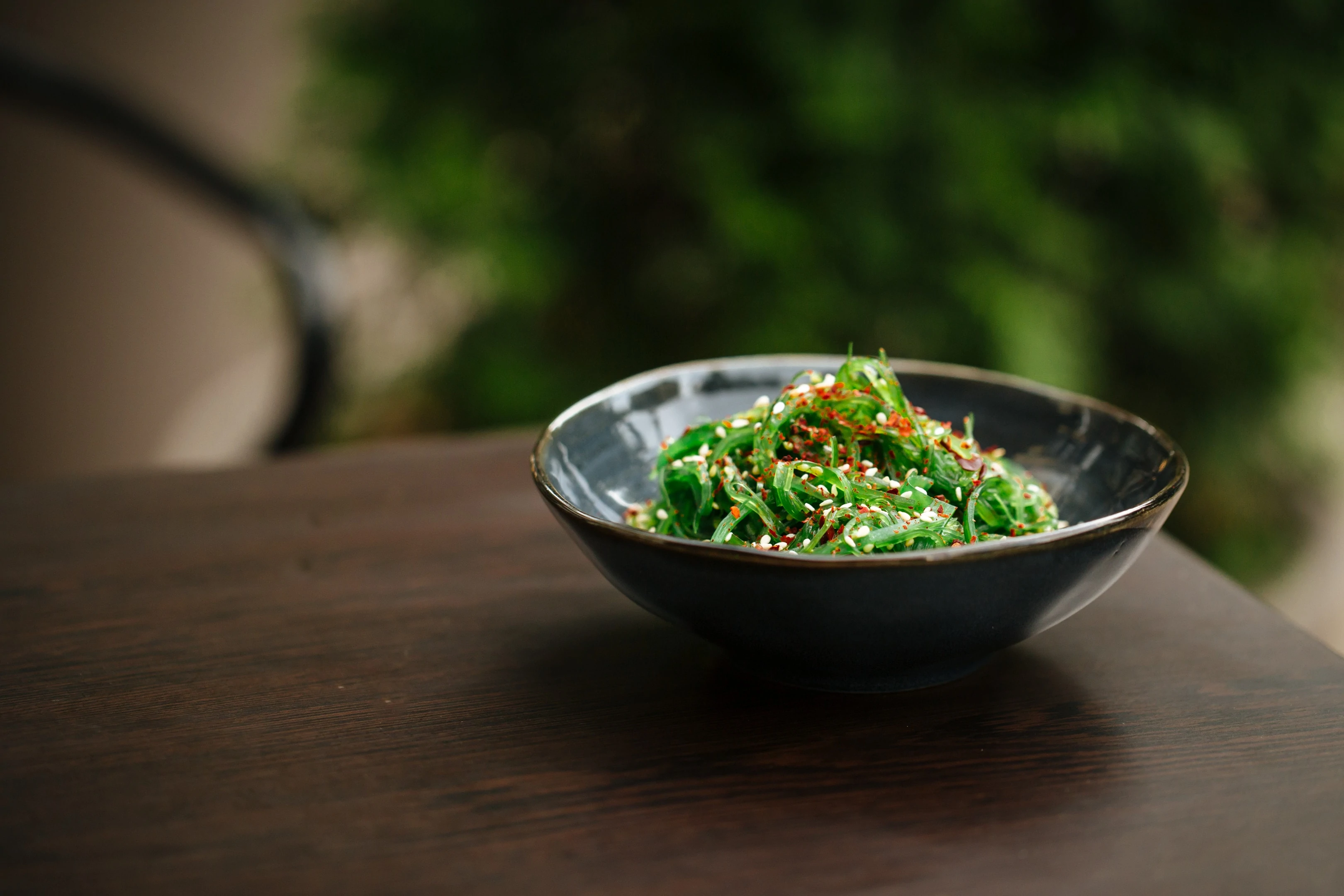
Although seaweed is embedded with several vitamins and minerals, you shouldn’t consume it if you want to reduce the symptoms of herpes simplex viruses. A single cup of seaweed contains about 4.65grams of amino acid which depicts high levels of arginine. Seaweed can trigger an outbreak and can worsen the condition of cold sores.
6. Processed foods
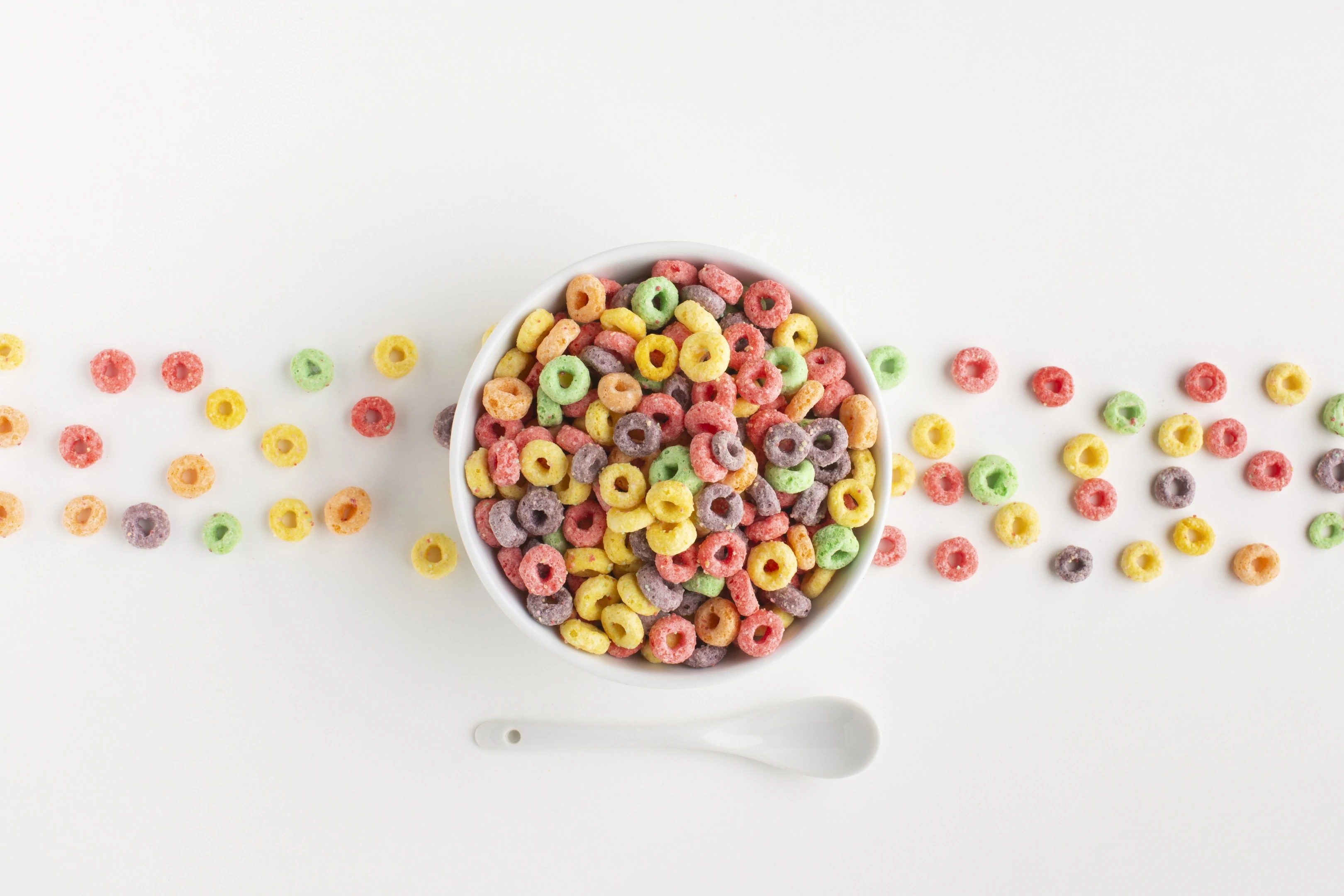
The consumption of certain foods can repress the function of the immune system during the heartbreak of a herpes simplex virus. This may result in the reoccurrence of the virus. Refrain from consuming canned foods, frozen meals, sugary cereals, and packaged snacks.
7. Chocolate
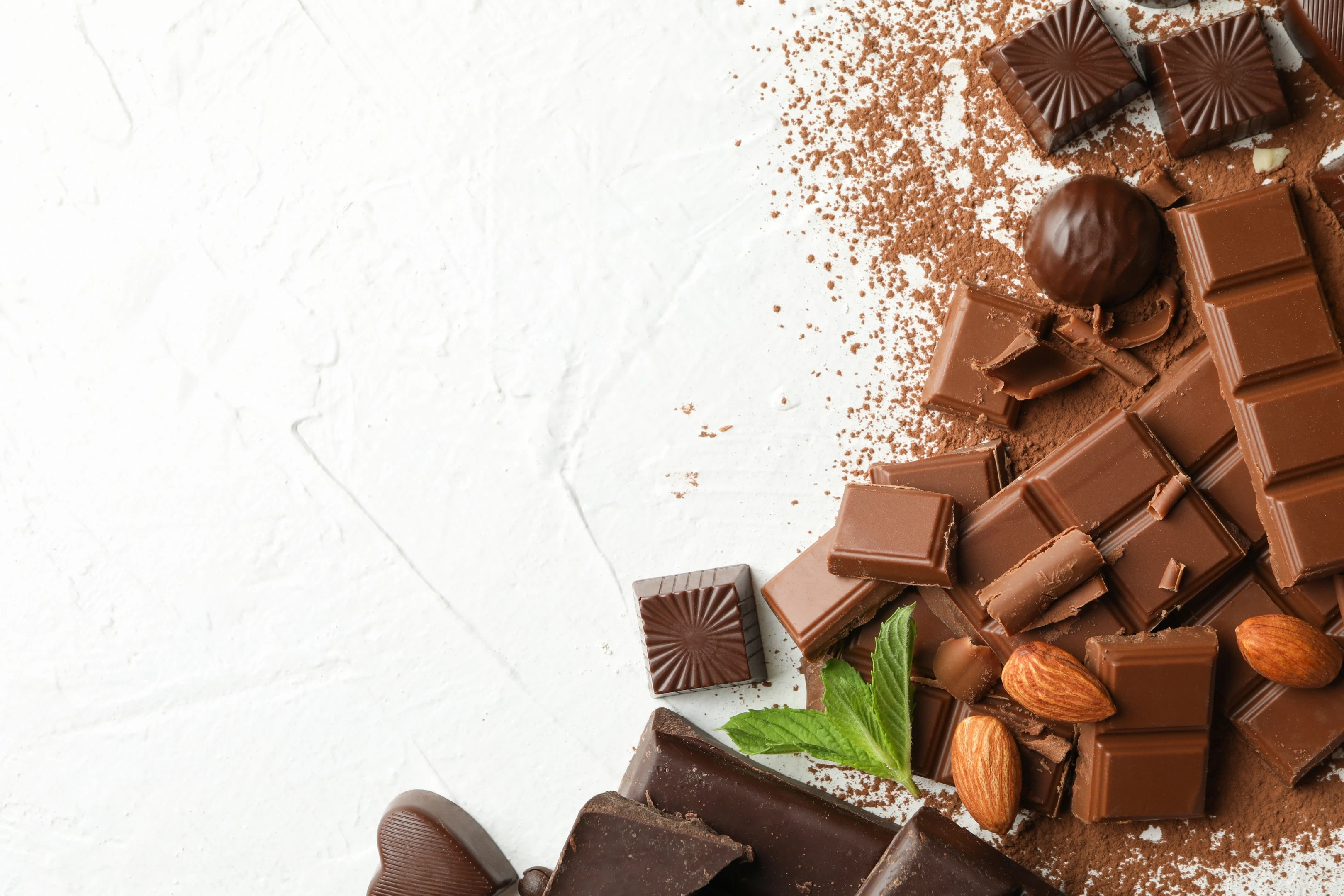
Even though dark chocolate has always been popularized as being safe for consumption because it has certain benefits, you should stay away from chocolates when managing an outbreak of herpes. Chocolates are rich in arginine and can aid the replication of the herpes simplex virus in the body.
8. Spicy foods

If you want to alleviate the symptoms of herpes, you should steer clear of spicy foods. Spicy foods can irritate the blisters that come with herpes simplex virus type 1 (HSV-1) thereby increasing pain and discomfort.
9. White meat

White meat is rich in protein and amino acids. One of the amino acids that it contains is arginine which can irritate the outbreak of herpes. The kinds of white meat to eradicate from your nutrition include turkey breast which contains about 16.2 grams of arginine.
10. Peanuts
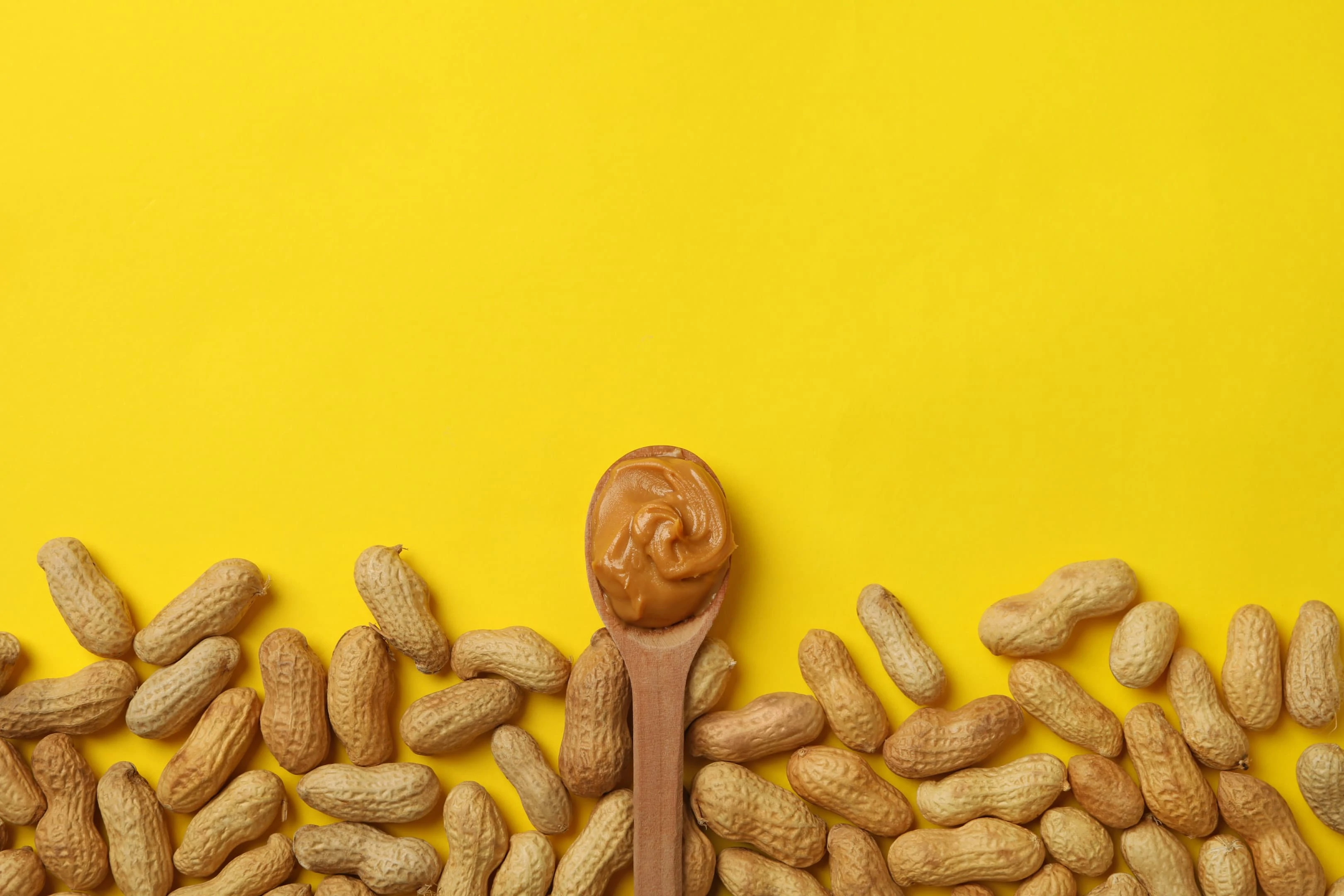
Peanuts are high in fat and also contain high amounts of arginine. When salted, they can go on to cause a burning sensation around cold sores, thereby giving rise to irritation. Stay away from peanuts to reduce the symptoms of oral herpes.
11. Spirulina
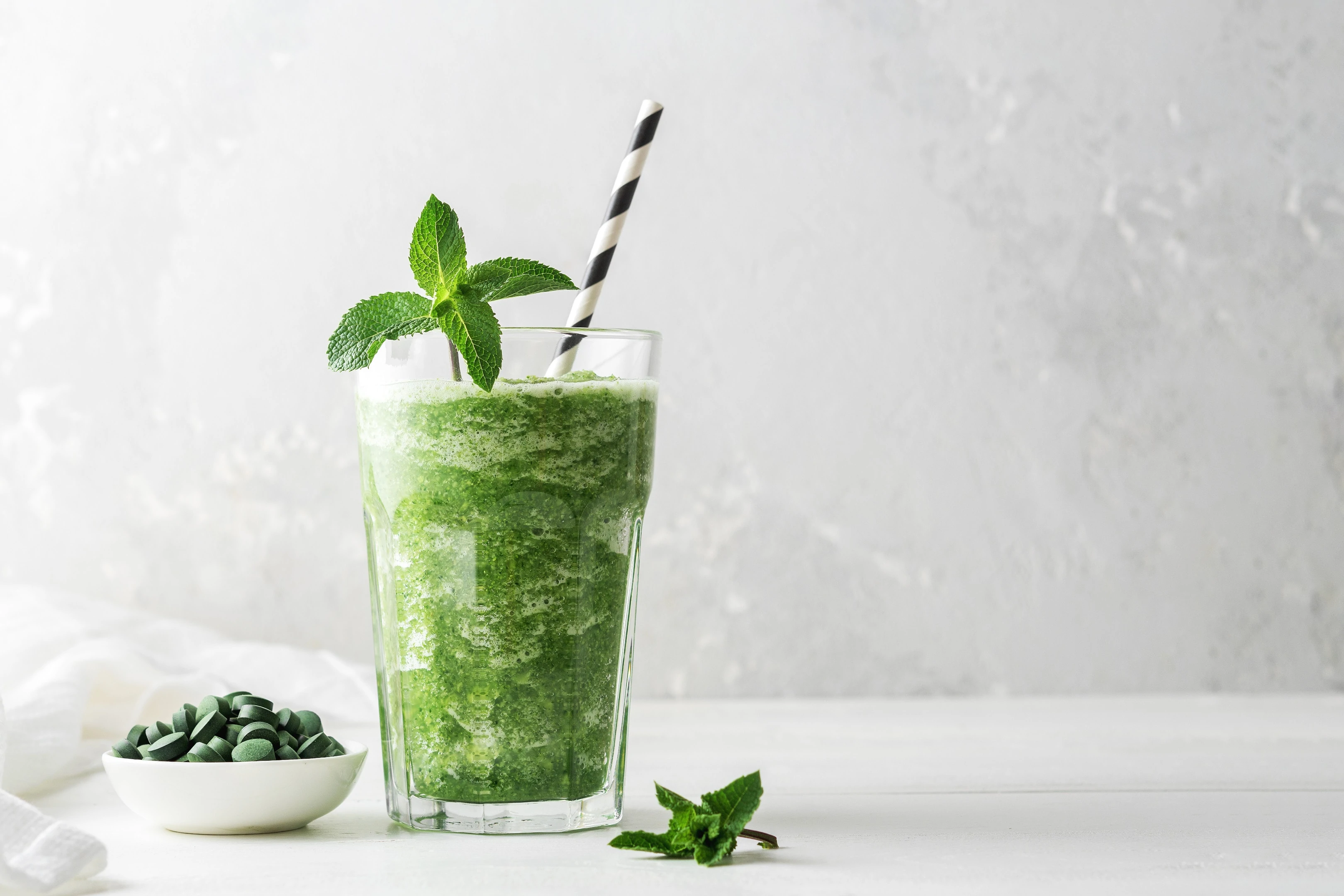
This distinct blue-green alga is extremely nutritious. It is mostly added to protein shakes and smoothies for added nutrition. It is loaded with almost all of the nutrients that you can think of but it has high amounts of arginine which makes it part of the foods to avoid with herpes.
12. Oats
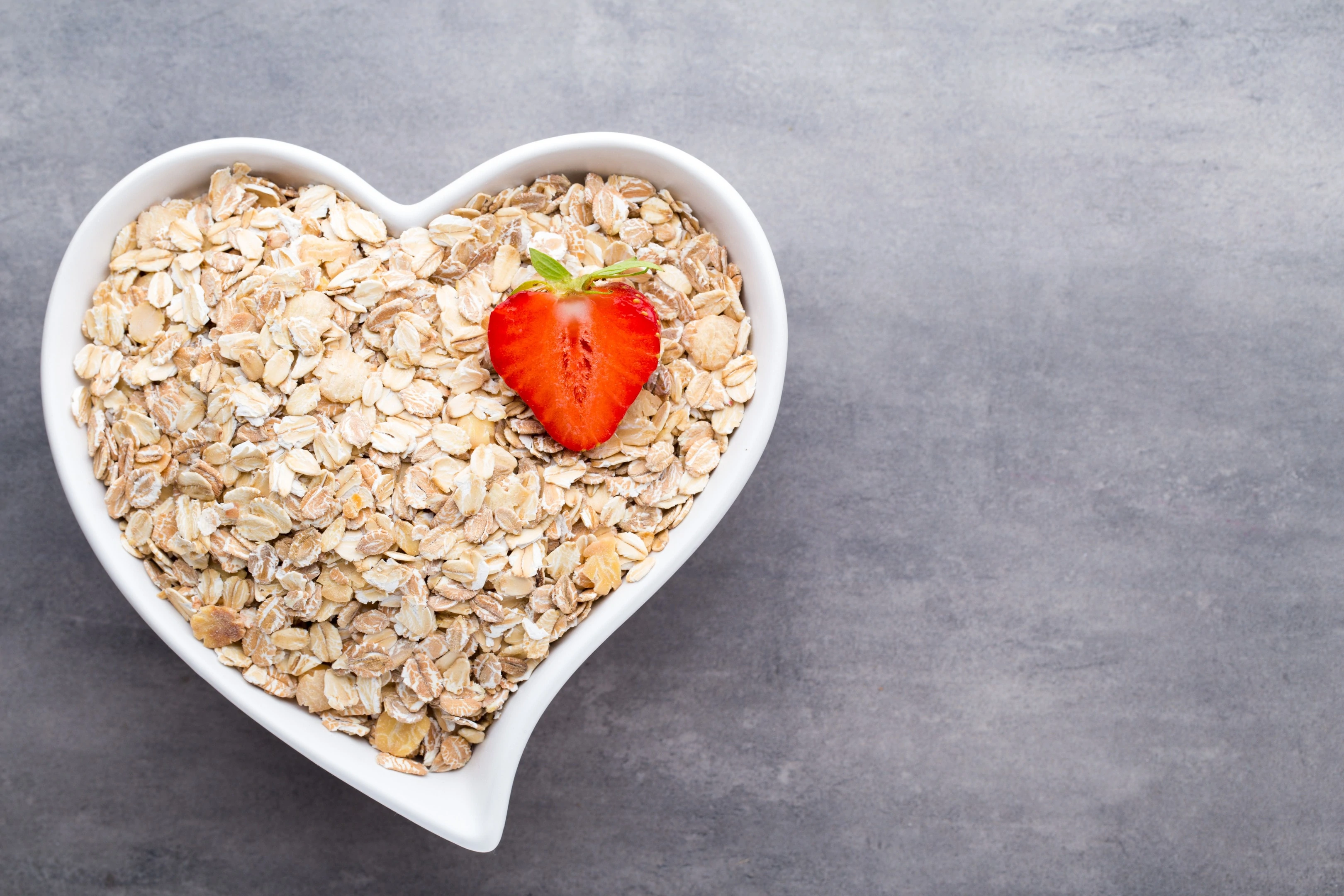
If you are struggling with oral herpes or feel cold sores are about to break out on your mouth or lips, you should eliminate oats from your diet. Oats are rich in antioxidants and can help your body reduce its cholesterol level. However, they are relatively rich in arginine and should be avoided with herpes simplex viruses.
13. Pickles
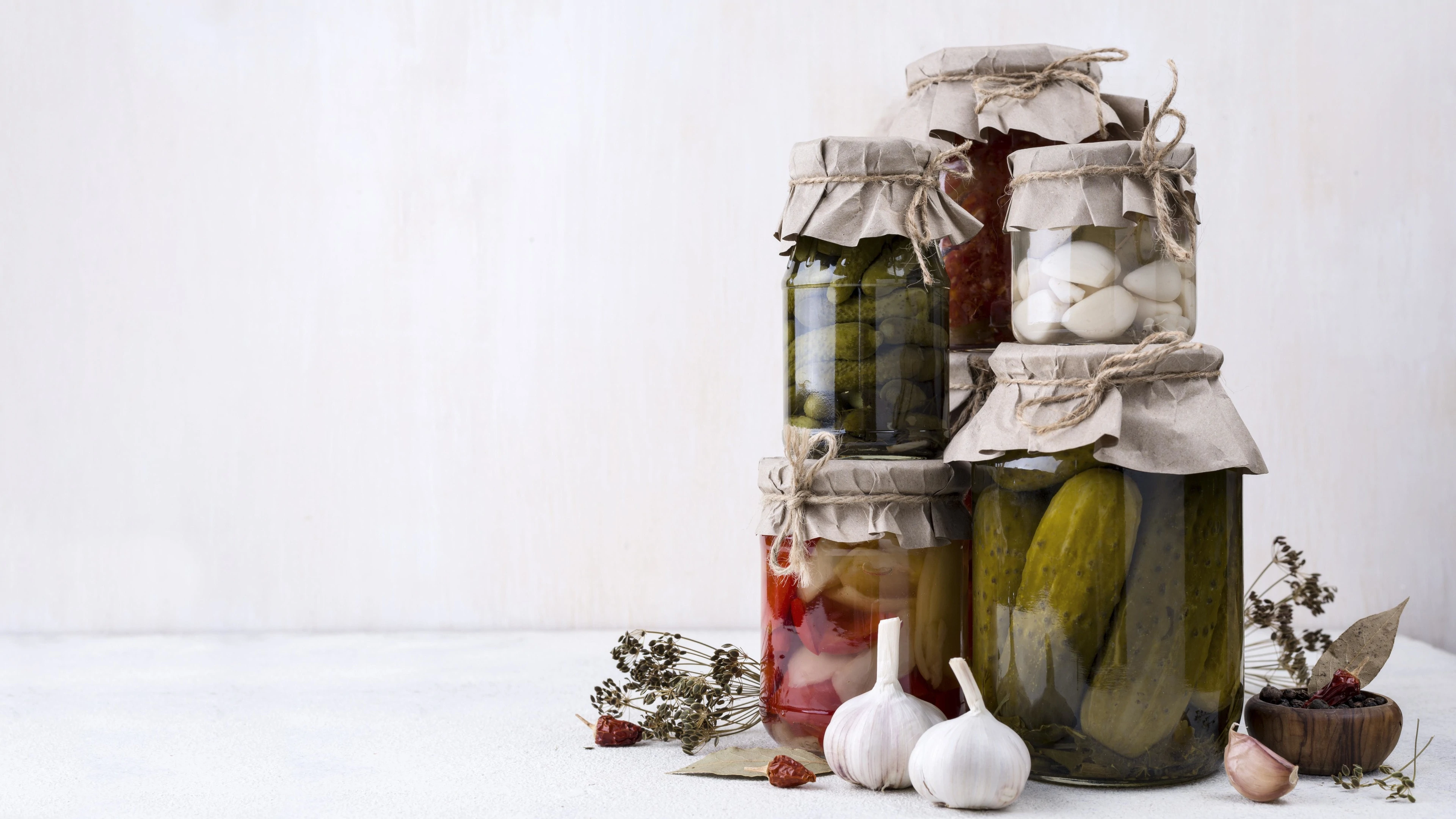
Pickles have a high concentration of salt, which can cause skin irritation and can interfere with the cells that promote wound healing and reduce tissue inflammation. With herpes simplex viruses, the elimination of pickles from your diet is a must.
14. Squash
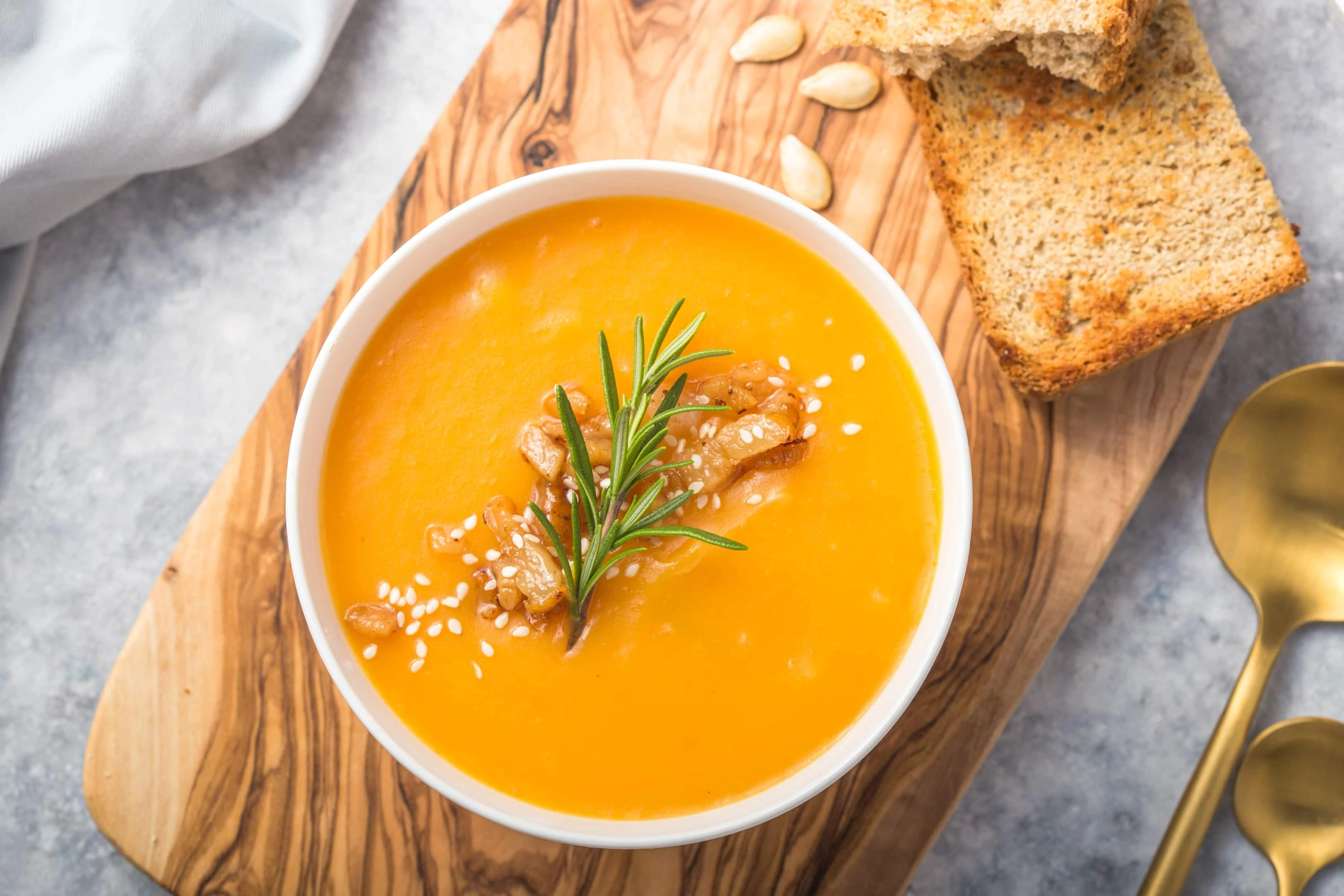
Squash is a great root vegetable that is rich in fiber, magnesium, phosphorus, and many vitamins. But it contains a reasonable amount of arginine and should be removed from your diet if you are prone to a herpes outbreak.
15. Beef and pork loin

If you are a vegan or vegetarian, avoiding beef shouldn’t be a problem at all. Beef and pork contain high amounts of arginine; a cooked pound of beef contains about 4.13 grams of arginine while a pork loin can contain up to 2.66 grams of arginine per chop. It is recommended that you avoid both beef and pork loin with herpes.
16. Legumes
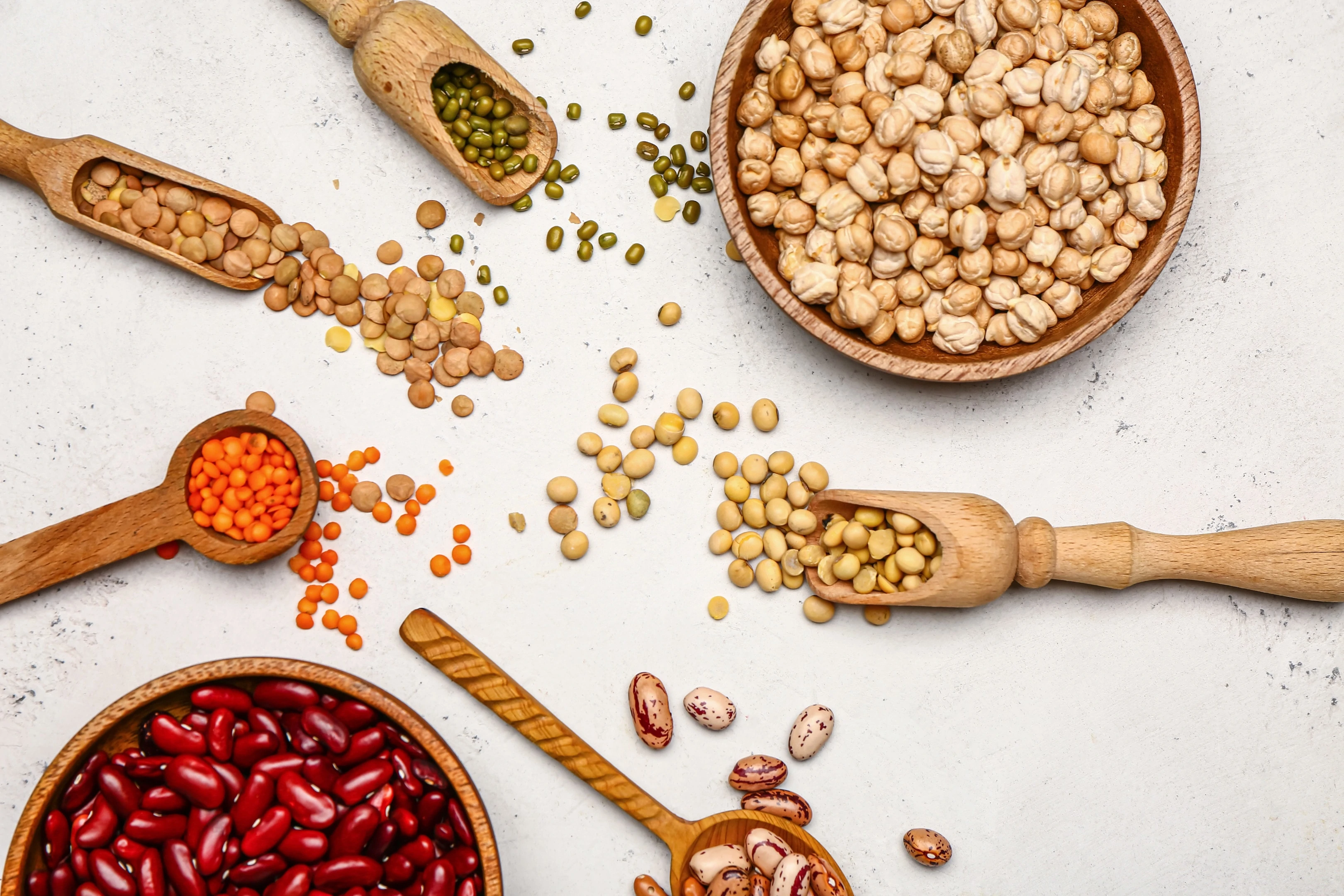
Foods that are regarded as legumes include peas, pulses, and beans. They are richly filled with arginine and many other amino acids. If you want to reduce the symptoms of herpes simplex viruses, you should avoid leguminous plants like soybeans and chickpeas as well.
Conclusion
The symptoms of herpes simplex viruses such as cold sores or blisters around the mouth can be very painful. If you constantly suffer from herpes outbreaks, there are chances you are still consuming certain foods to avoid with herpes. It is best to adhere to a diet that can curb these outbreaks and reduce symptoms. Rather than consuming the foods listed above, it is recommended that you follow a healthy diet that is low in arginine and can strengthen your immune system. Also, try to identify the foods that you consume that trigger the appearance of herpes symptoms, remove them from your diet and replace them with more beneficial foods.

A writer passionate about wellness, nutrition, and intentional living. She creates engaging, research-based content that empowers readers to live healthier lives. Through every article, she brings clarity, inspiration, and a touch of everyday practicality. Read more about Juliana.


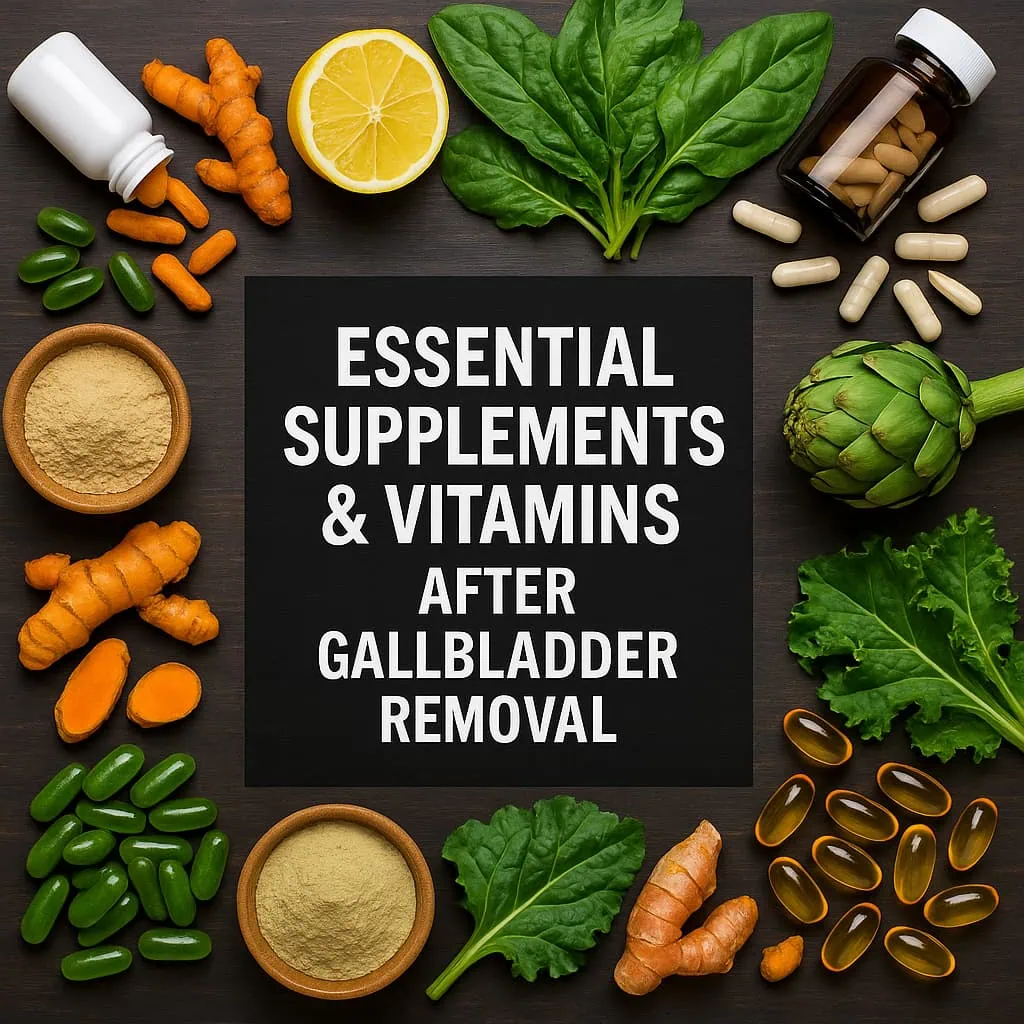
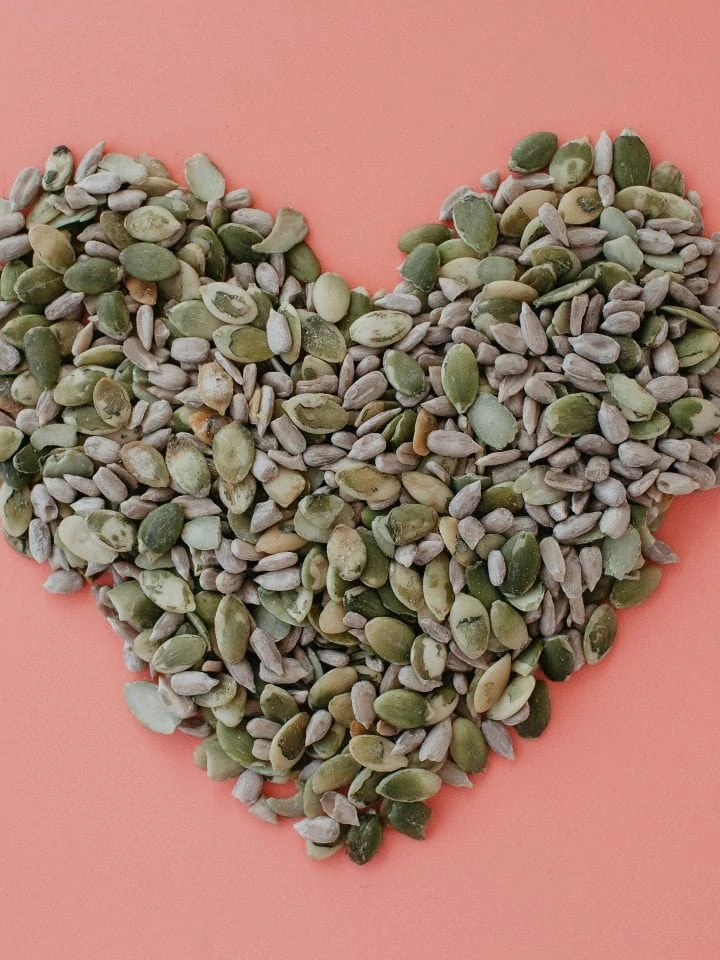

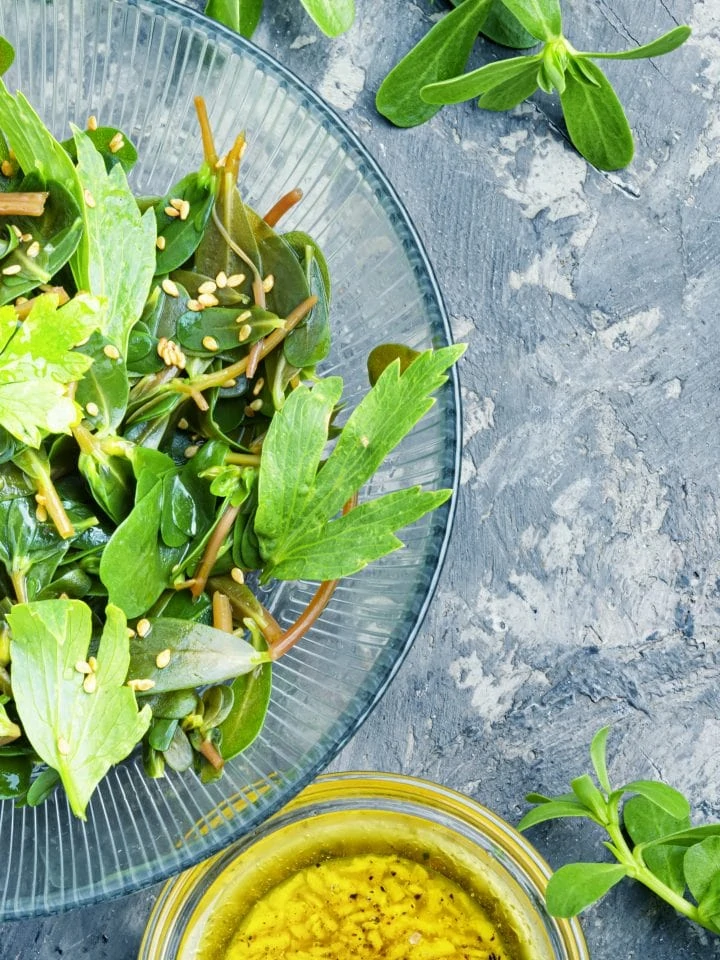

Leon says
So what am I supposed to eat? 😭
Chetan says
Thanks for compiling this. Also please add coffee to the list it's the worst!
JC says
So basically if you're a vegan you're gonna have a bad time.
Sallie says
Beef & Pork contain Lysine which helps prevent herpes. Citrus fruits are high in vitamin C, which boosts your immune system. Pumpkin seeds have zinc which also boosts the immune system. The key is to add more beneficial foods to create a balance. And let’s not forget that we are all bio-individuals and what works for one may not work for another.
Shai Cohen says
Hello Sallie and thank you for your comment!
You have raised some valid points about the potential benefits of certain foods for people with herpes.
While it is true that beef and pork contain the amino acid lysine, which has been shown to have some anti-viral properties, it's important to note that lysine supplementation has not been consistently shown to prevent or reduce herpes outbreaks. Additionally, while citrus fruits and pumpkin seeds may have immune-boosting properties, they may not necessarily be effective in preventing or treating herpes.
As you correctly mentioned, it's important to create a balance and incorporate a variety of beneficial foods into one's diet. As with many health conditions, the effectiveness of dietary interventions for herpes can vary widely between individuals, and it's important to work with a healthcare professional to develop a personalized approach to managing the condition.
Ali says
So what can I eat then? Like oatmeal and oranges that's insane
Irene says
The answer is the ratio of arginine to lysine in foods, keep the arginine lower than lysine. There are many charts available to help with this.